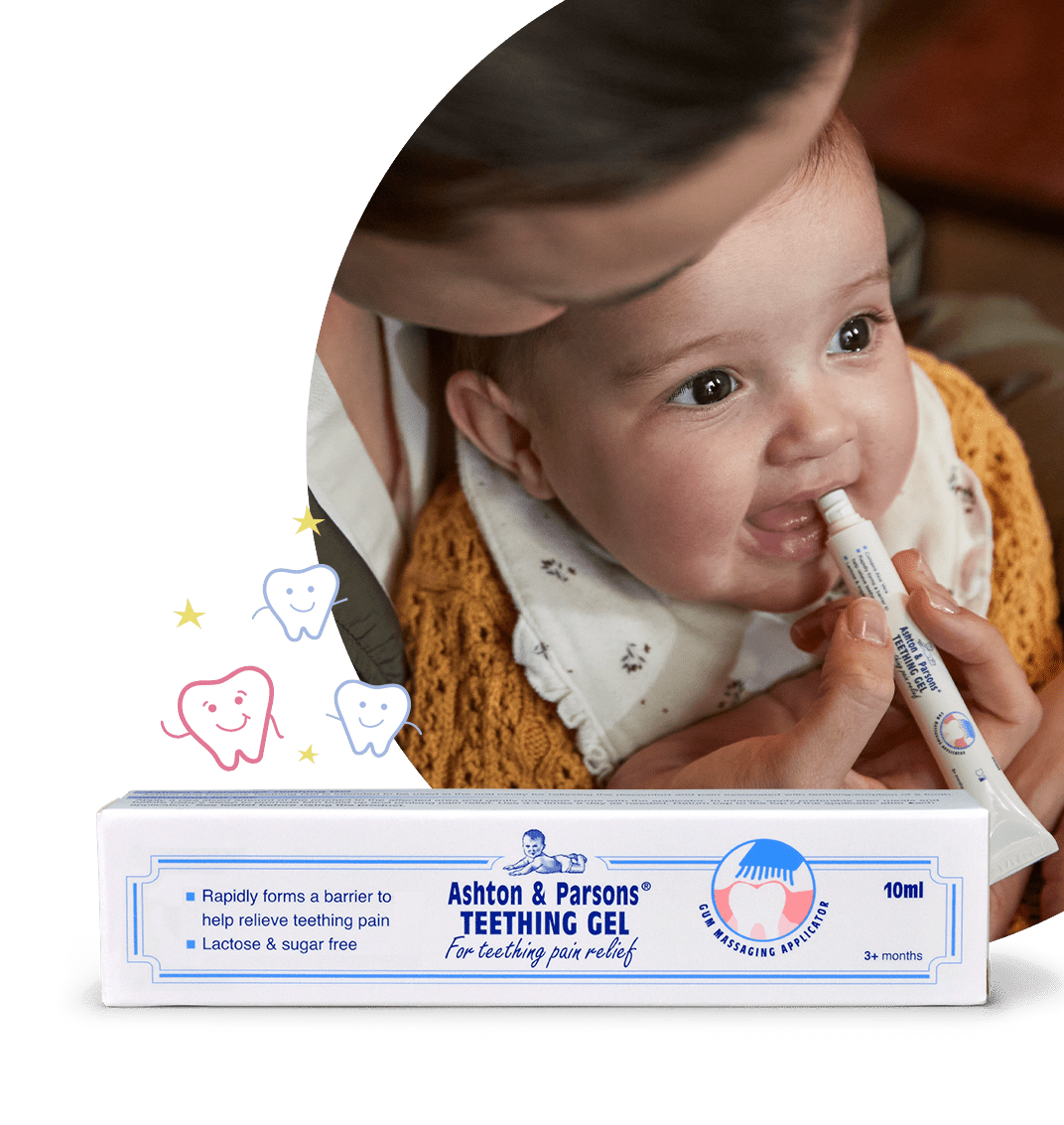Postnatal depression (PND) is more common than you think. There is some variation in figures, partly due to PND still being something of a ‘hidden’ condition, or parents feeling like they shouldn’t admit to suffering from it. Below we’re discussing the triggers, symptoms and giving guidance on how to help parents dealing with postnatal depression alongside teething.

What is Postnatal Depression?
Postnatal depression is a type of depression experienced by many new parents. You should seek help as soon as possible if you believe you might be depressed, as your symptoms could last for months or worsen and have significant effects on you, your baby, and your family.
When can Postnatal Depression start?
Postnatal depression usually occurs 2 to 8 weeks after the birth, though sometimes it can happen up to a year after the baby is born. While its causes haven’t been established, some of the factors with which it’s been associated include:
- A history of mental health problems earlier in life or during pregnancy
- Having no close family or friends to support you
- A poor relationship with your partner (or a stressful life event)
- Living with a teething baby can make even the smallest of events harder to deal with
- Lack of sleep
- Balancing a new baby with the demands of bringing up other children
These factors are only going to be amplified if you’re a single parent or your partner’s away from home. Having twins or triplets increases your chances of developing postnatal depression.
What are the symptoms of Postnatal Depression?
If you’re suffering from postnatal depression, you may find looking after your baby becomes increasingly challenging. Emotional symptoms can include:
- Feeling excessively anxious about your baby and their health
- Feeling hopeless or not able to cope
- Being unable to concentrate or becoming forgetful
- Losing interest in your baby (which can then lead to feelings of guilt or failure)
How to cope with Postnatal Depression and a teething baby
If you think that you, your partner, or someone else you know is suffering from PND, the most important thing is not to suffer in silence. Help is out there, so make sure you talk to your GP or a health visitor. They’ll be able to talk to you about the different types of treatment available.
In addition, there are also several other ways you can help yourself to cope if you’re struggling with a teething baby and PND:
- Communicate with those around you. Sometimes all it takes is asking for help. Don’t be afraid to talk to your partner, a friend or a relative about how you’re feeling – and if you need help. PND is no longer considered a ‘guilty unspoken secret’ thanks to the efforts of mental health advocates and pressure groups.
- Taking time off for yourself – or sharing the load with your partner overnight – will give you space, perspective or just time to get some extra sleep.
- Try to maintain a healthy lifestyle. It’s easier said than done, we know, but trying to get out and about during the day won’t just give you a bit of an energy kick and add some variety to your day, babies love the stimulation of new sights, sounds and smells. This can act as a distraction and help them forget their sore gums for a while. Look at our blog about the benefits of getting out and about with a teething baby to read more.
- Maintaining a healthy diet’s important too – as is trying to keep alcohol out of your diet.
- Try some mindfulness techniques. Many new parents have found they can help reduce the stress that comes with a teething baby – and life in general. See how many works for you.
Remember, postnatal depression isn’t something to be suffered in silence. If you’re a new parent, you’re already doing an amazing job, and feeling like you’re struggling and need to reach out for help is nothing to be ashamed of.





